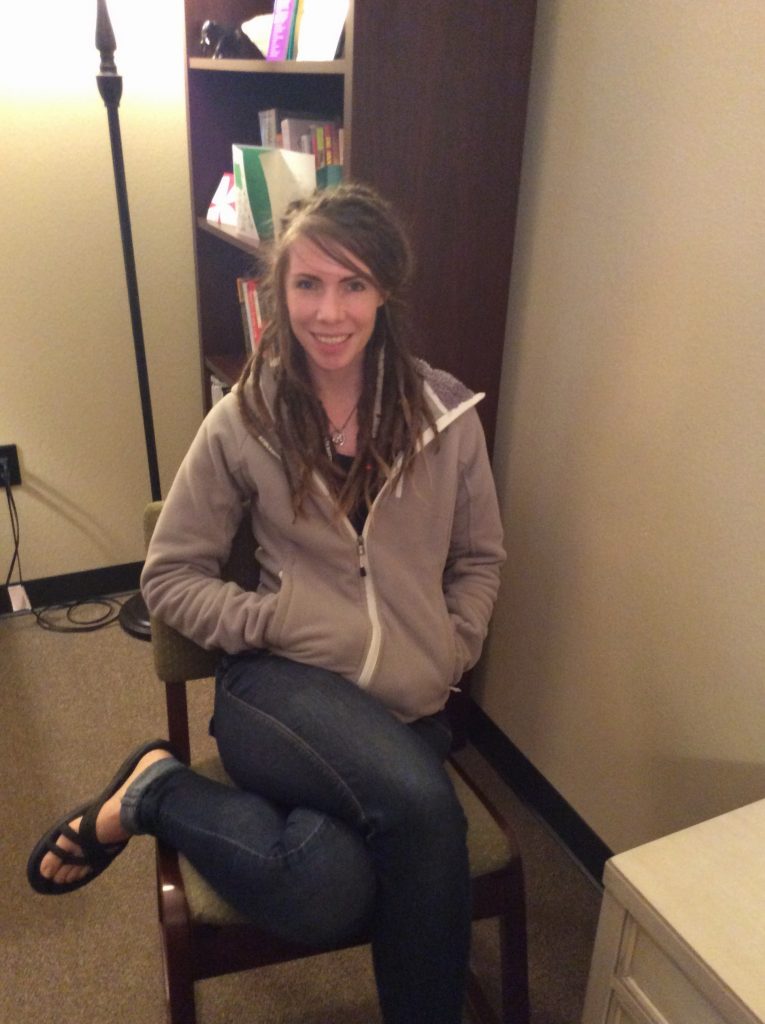SOAR expects to see an increase from last year’s number of cases in recommendations for students. The coordinators view this as an opportunity to equip more students with every resource necessary to succeed in college.
The Student Opportunities, Advocacy and Resources (SOAR) program exists to provide students with central access to resources that they might be in need of during their time at ACU. Sara Knott, SOAR coordinator, said that it also “involves being a network with the other departments.”
Even though the number of recommendations is expected to increase, Knott said, “We don’t want students to fall through the cracks. That is why we try to address every form that comes in, in some way.”
Knott said the reasons for recommendations are “a catch-all sort of thing. If the [students] have questions like, ‘Where do I go for fill in the blank,’ ask SOAR.”
SOAR has received 164 cases since the end of the summer and beginning of the semester. Shannon Kaczmarek, director of Student Advocacy Services, and the SOAR Coordinators serve the students who are recommended. Kaczmarek has met with over 100 students since the end of the summer, averaging out to 18-25 students per week.
Kaczmarek said that SOAR “is a little less promoted amongst our student body than our faculty and staff. A lot of the recommendations come in from faculty and staff but some students do come in on their own.”
Kaczmarek said that when students do return after being recommended one time, it is very positive.
This is the third year that the program has been operating under the name SOAR as a part of the student life and retention office. The program used to be called SOS and was in the academic development center. Kaczmarek said that they have been trying to “change the language” associated with SOAR. In the past, the word “referral” was used instead of “recommendation,” which Kaczmarek said she believed to be a deterrent for students interested in using the services, since in high school, referral was used in a negative context.
Kaczmarek said that she believes the students are more receptive to receiving help if they know who is recommending them because “they have a context” for their referral. Kaczmarek said she wants the students to understand that “it is normal to get this kind of help.”
Knott said, “SOAR is putting into practice the understanding that a successful university isn’t just about churning out academic excellence. It is partly about that, but it’s also about networking, it’s about relationships, and it’s about people.”
Charlotte Marion, administrative coordinator for the Agriculture and Environmental Science department, said that SOAR is a “very positive resource.” She has only made a couple of recommendations, but she said, “It’s nice when you see [the student] even months later with a smile on their face or start a conversation with you whereas before they were very introverted.”
Hannah Hey, a sophomore Agribusiness major from San Antonio, said that she was recommended for SOAR the first semester of freshman year by her chemistry professor after she had come into class crying. Hey also had missed classes and struggled to maintain passing grades.
Hey said, “SOAR emailed all of my professors explaining my situation and set me up with a therapist and set me up for success. They’re the only reason I survived my freshman year.” Hey also recommends SOAR to all of her friends who are struggling or if they have any other questions regarding their life at ACU.
SOAR is available to all undergraduate and graduate students, international students, and even students who are taking online courses. SOAR referral forms can be found through the MyACU Quicklinks.

